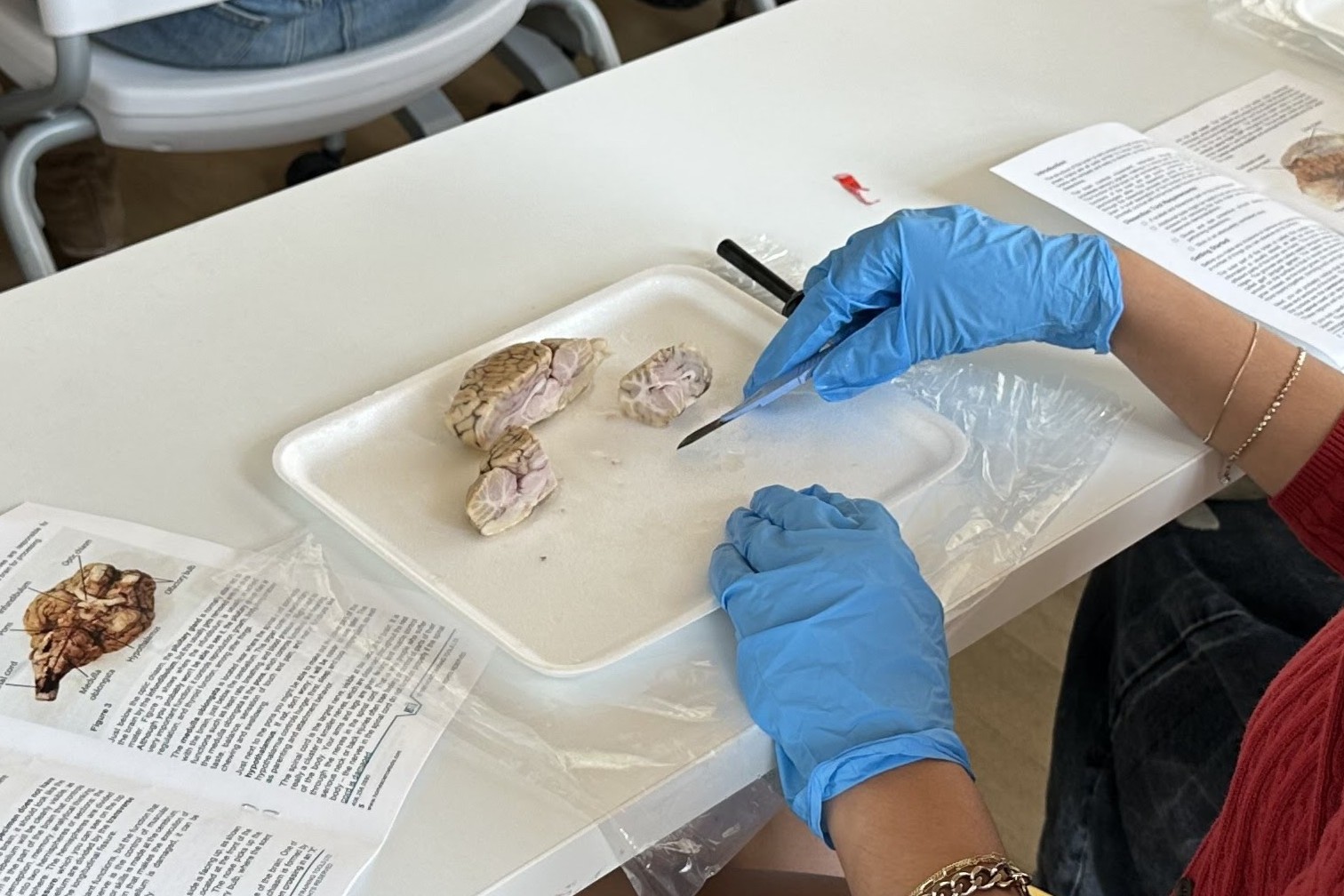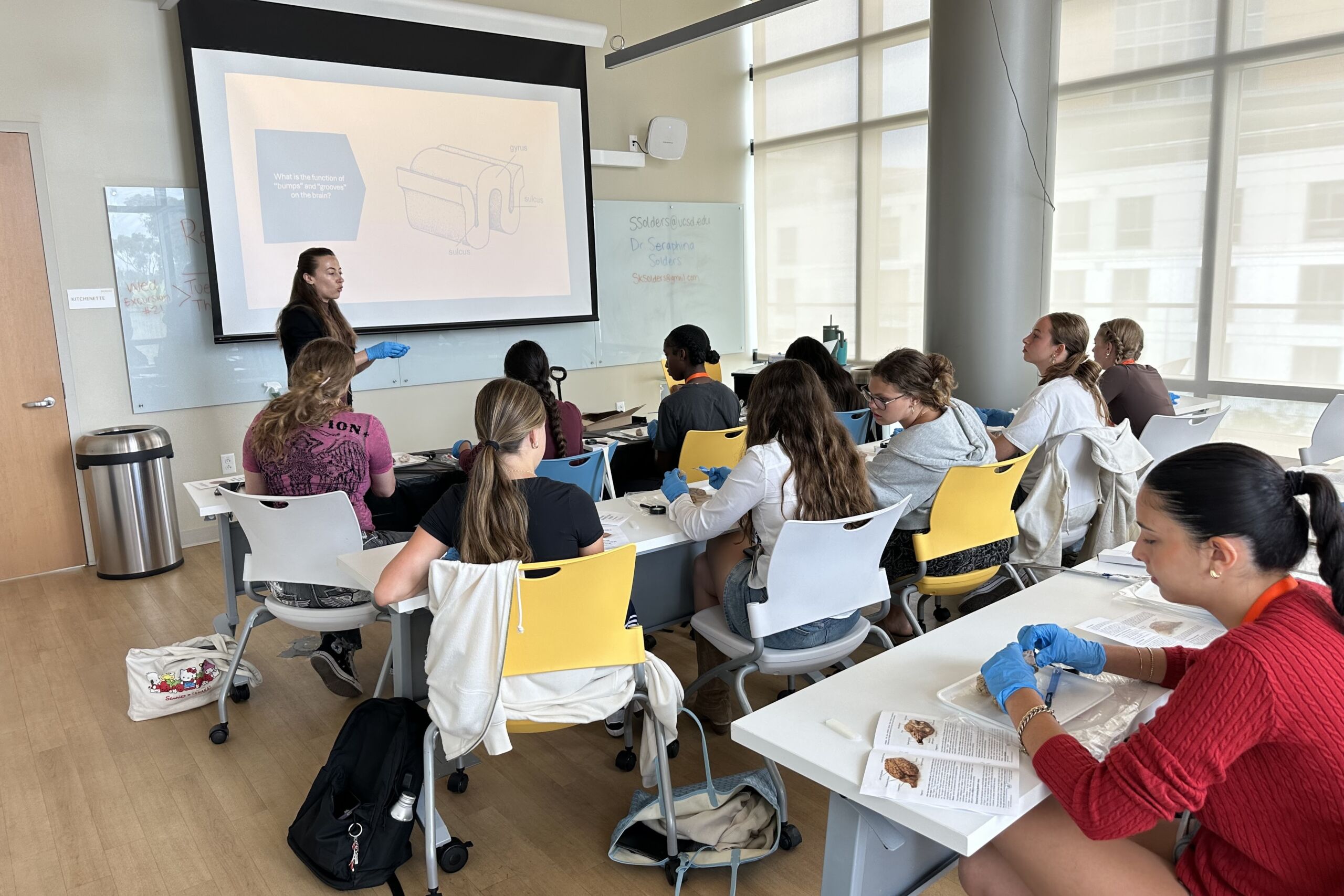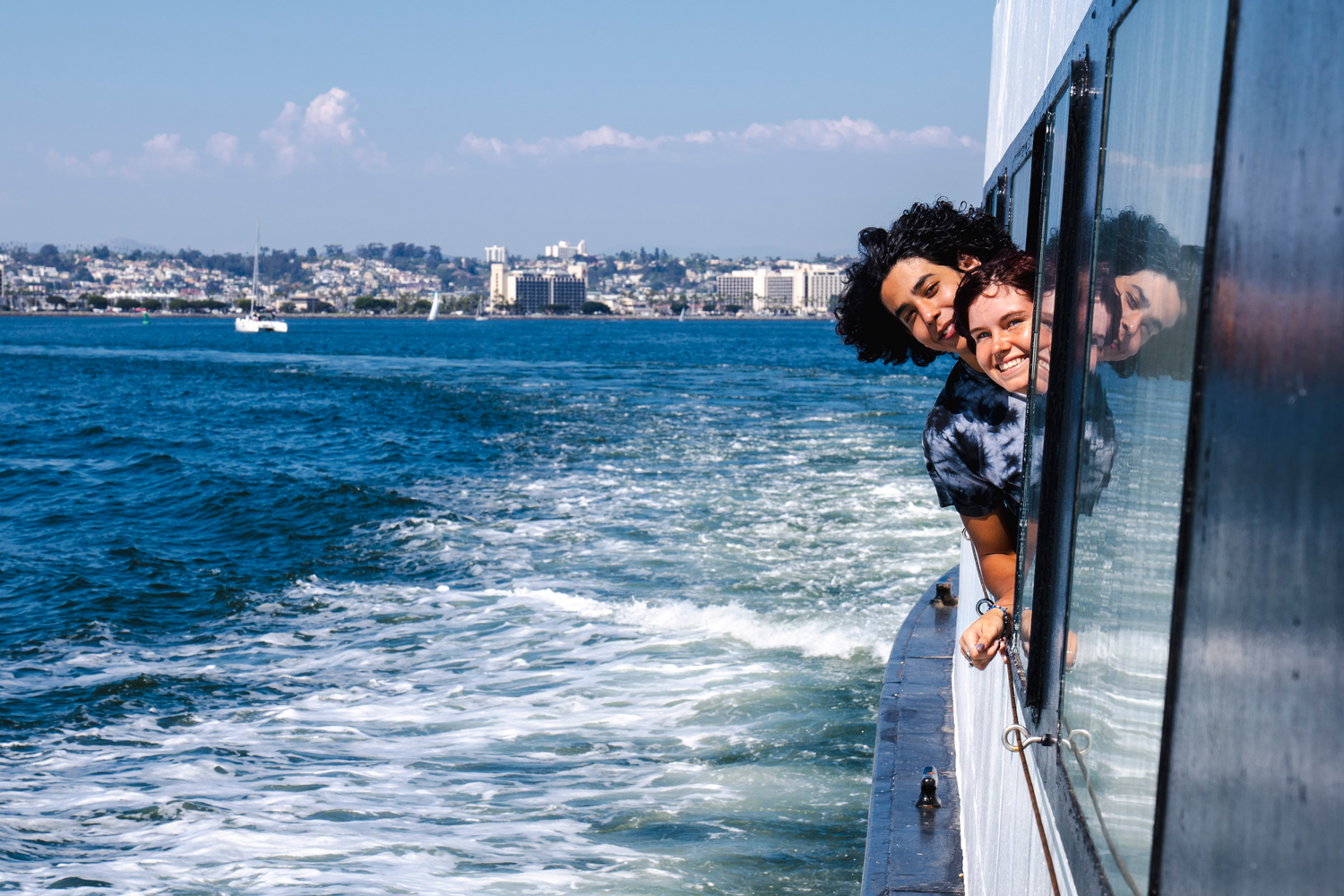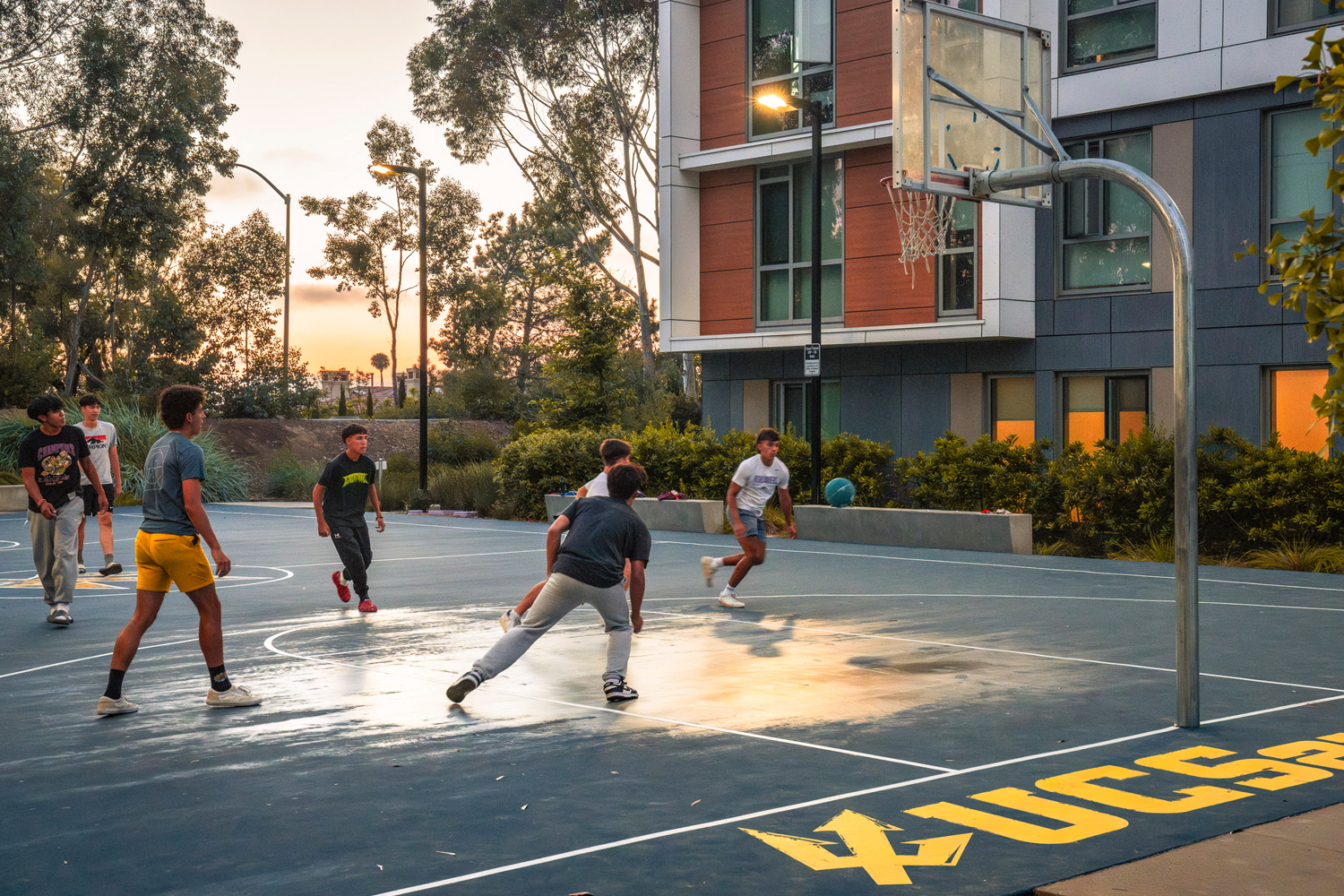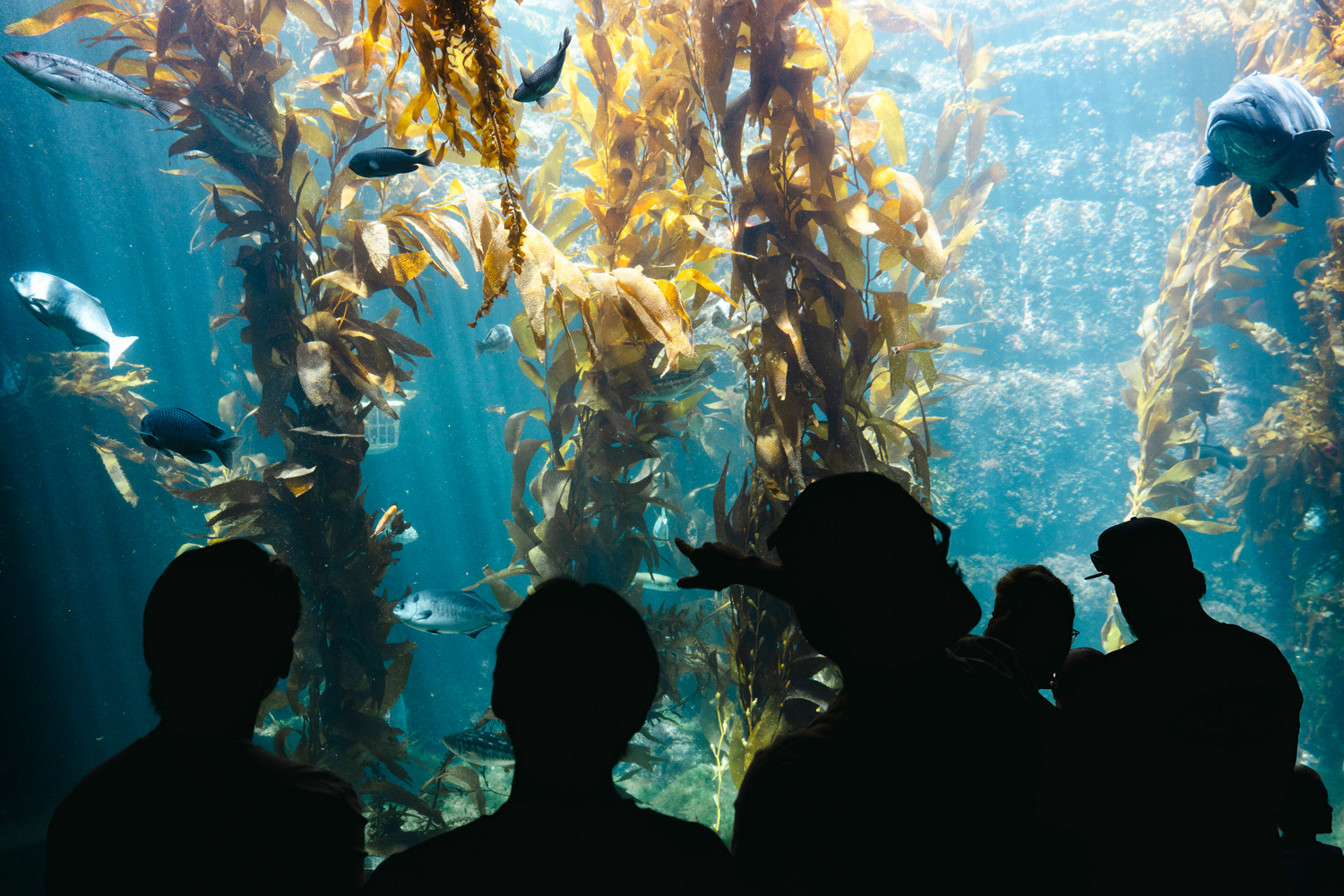Summer Springboard
Psychology & Neuroscience
ON THE CAMPUS OF UC SAN DIEGO
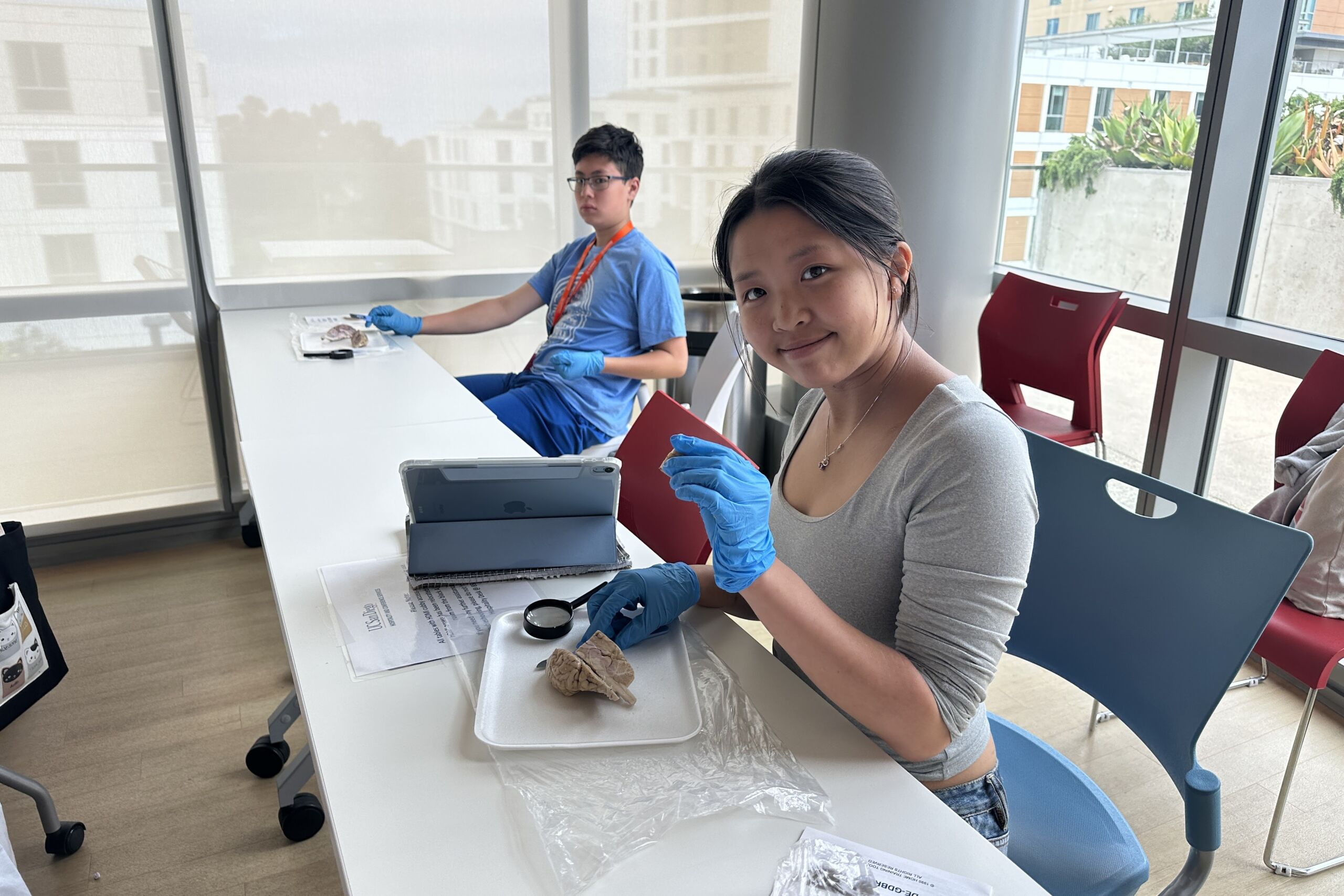
EXPLORE THE HUMAN MIND AND BRAIN THROUGH PSYCHOLOGY AND NEUROSCIENCE
THIS IS A TWO-WEEK PROGRAM WHERE YOU’LL FOCUS ON ONE COURSE FOR THE ENTIRE DURATION.
Psychology & Neuroscience
- Discover how psychologists and neuroscientists study human behavior and the brain.
- Conduct a mock clinical diagnosis based on case studies.
- Visit the Neuroscience Institute at UC San Diego.
- Explore current topics in abnormal and cognitive psychology.
- Engage in discussions about real-world mental health challenges.
- Learn from professionals in psychology and neuroscience fields.
Summer Springboard
Psychology & Neuroscience
About This Course
TOPICS YOU'LL EXPLORE
Hands-on Learning
Students apply psychological and neuroscientific concepts through engaging activities like case study analysis, group projects, and a mock clinical diagnosis.
Career Exploration
Students gain insight into potential career paths by meeting professionals in the fields of psychology and neuroscience and touring research facilities.
RESOURCES
Course Infosheet
Click here to view or download the printable infosheet for this course.
Program Catalog
Click here to request our catalog to learn more about our summer programs and courses.
Campus Page
Click here to view the website page for this campus and learn more.
“I had a great time! I was able to get a lot of freedom as a rising sophomore in high school. I was able to meet people from all over the world, network and cultivate long lasting friendships. Showed a lot of interesting things about myself and future career and college plans. Thanks SSB @ UCSD!”
– Remy K. | Alumni Student
Summer Springboard
Psychology & Neuroscience
Meet Your Instructor
SERAPHINA SOLDERS
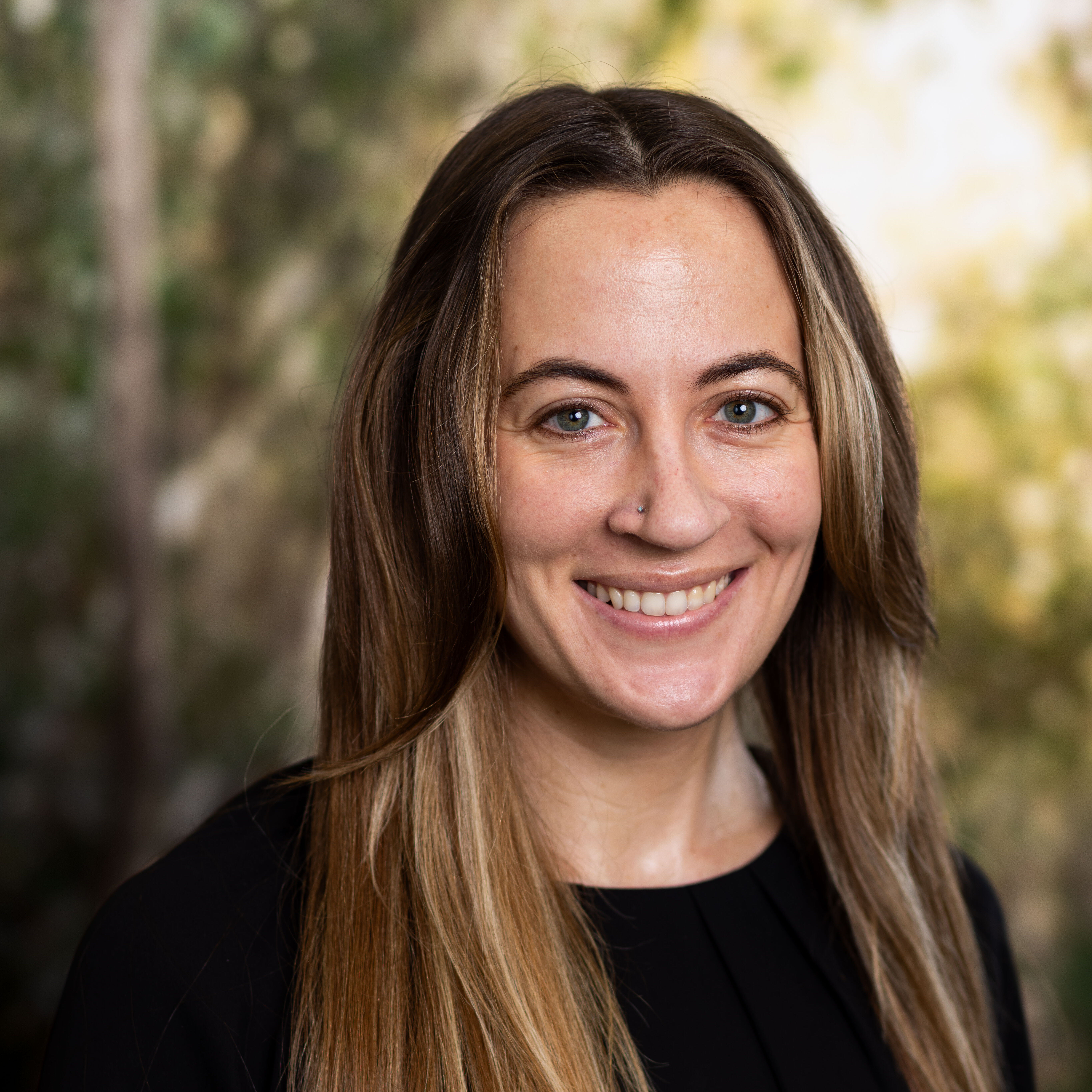
Summer Springboard
Psychology & Neuroscience
Dates & Tuition
| 2026 Dates |
|---|
| Session 1: June 28 – July 10, 2026 |
| Session 2: July 12 – July 24, 2026 |
| Session 3: July 26 – August 7, 2026 |
Click here to enroll in this course using our online enrollment form.
| Tuition |
|---|
| Residential Tuition: $5,998 |
| Commuter Tuition: $3,298 |
Tuition Protection Plan: Allows for cancellation for any reason up until the day of the program.
| Location |
|---|
| City: San Diego |
| State: California |
| Campus: UC San Diego |
Summer Springboard programs are not run by our campus partners (with the exception of Cal Poly and NYSID which are run in partnership with SSB). Universities and their affiliated departments and partners do not control and are not responsible or liable in any manner for any part of the Summer Springboard program.

